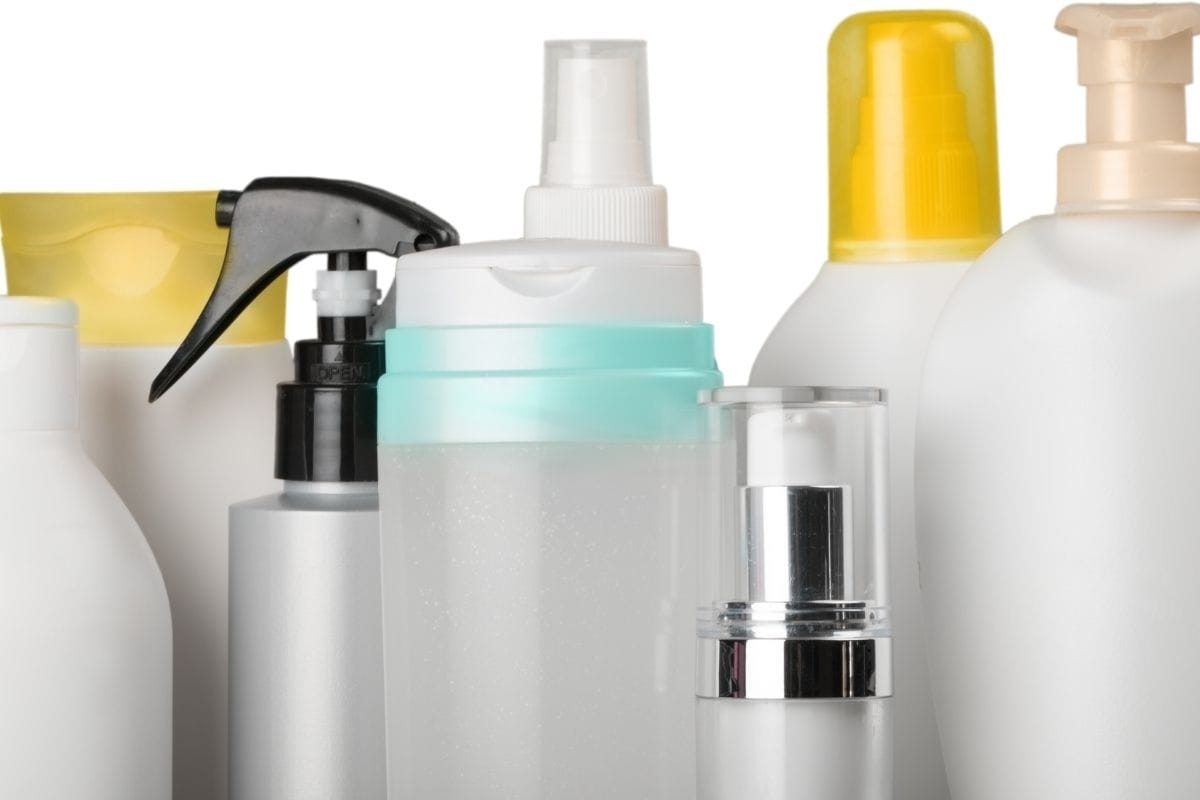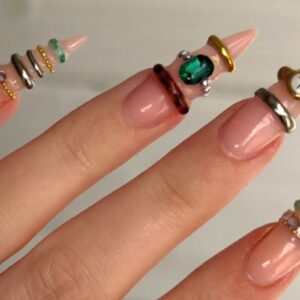
Global use of virgin plastic by cosmetics brands & more set to fall by 20% by 2025
By Rebecca Hitchon | 18 November 2021 | Movers & Shakers, News

Virgin plastic use by leading global brands and retailers has peaked in 2021 and is on track to fall by almost 20%, research by the Ellen MacArthur Foundation (EMF) and the United Nations Environment Programme (UNEP) has revealed.
Virgin plastic can be defined as plastic resin that has been newly created without any recycled materials.
The 2021 Global Commitment Progress Report, which is published annually by the environmental charity and UN programme, estimates that brand and retailer commitments to reduce virgin plastic consumption will avoid eight million tonnes of virgin plastic being produced each year by 2025.
Progress in reducing virgin plastic consumption so far is attributed to an increase in the use of post-consumer recycled content. However, the report emphasises that recycling is not enough to solve plastic pollution and more focus must go to eliminating single-use packaging in a coordinated global response to reduce plastic pollution.
“We won’t recycle our way out of plastic pollution; eliminating single-use packaging is a vital part of the solution.
“We need a more urgent focus on upstream innovation to rethink how to deliver products without packaging or by using reusable packaging,” commented Dame Ellen MacArthur, founder & chair of trustees of the Ellen MacArthur Foundation.
“Shifting just 20% of plastic packaging from single-use to reuse is an opportunity estimated to be worth USD 10 billion.”
The New Plastics Economy Global Commitment, led by the EMF and UNEP, unites businesses, governments and other organisations behind a common vision of a circular economy for plastics and shared targets to address plastic waste and pollution at its source.
Since launching in 2018, more than 500 signatories, including companies that represent 20% of all plastic packaging produced globally, have committed to ambitious 2025 targets and public annual reporting.
2021 marks the second year running that Global Commitment brands and retailers have collectively reduced their use of virgin plastic in packaging.
Signatories within the cosmetics sector include L’Oréal, L’Occitane and Natura.
L’Oréal, L’Occitane and Natura have committed to further reduce virgin plastic packaging by 2025 – on average by 33%.
They are also actively engaged in reuse and elimination activities. Within the last year, the brands have increased their proportion of post-consumer recycled content, in the strongest growth seen across the sectors analysed in the research.
However, the Global Commitment Report stresses that there needs to be more focus from these brands on avoiding single-use packaging altogether, eliminating their use of non-recyclable tubs, tubes, trays, packaging pouches, metallised films and pumps with metal springs.
Inger Andersen, UNEP’s executive director said:
“The Global Commitment is showing us that concerted voluntary action by actors across the value chain, including governments, can begin to shift the needle in the fight against plastic pollution. The frontrunners are also demonstrating that we can decouple the benefits we derive from plastic from the consumption of virgin plastic, and this is groundbreaking.”
“But the action from these frontrunners can be boosted by a comprehensive, inclusive and global approach,” she added.
Read the full Global Commitment Progress Report and see further insights here.

Read the latest issue









